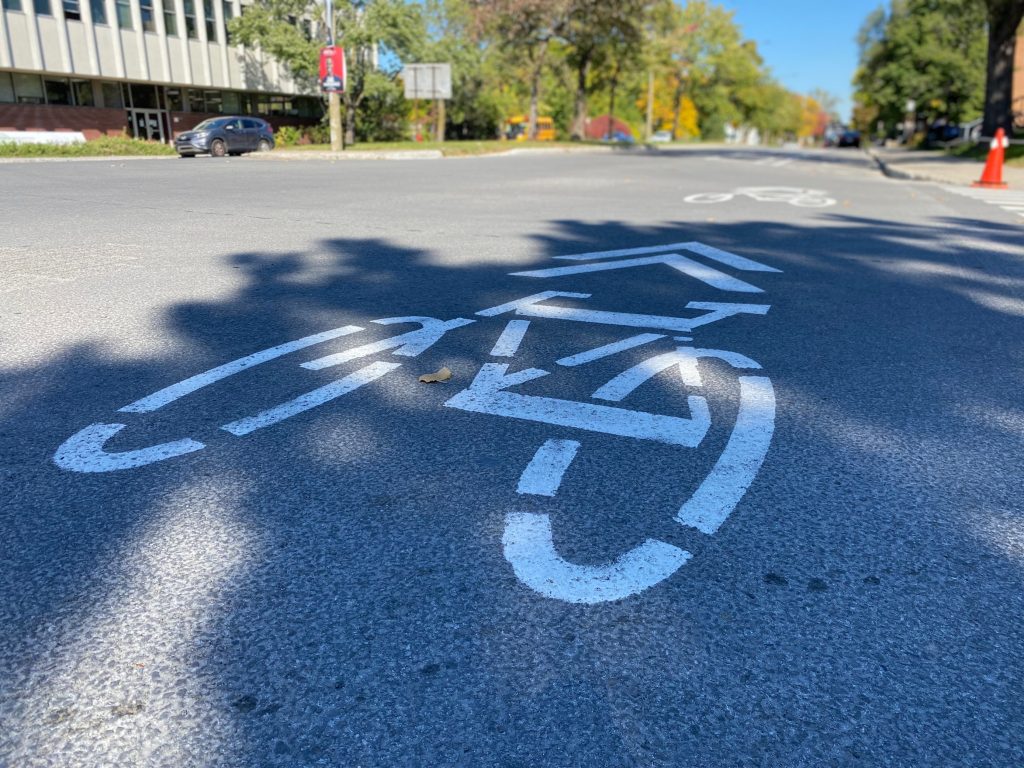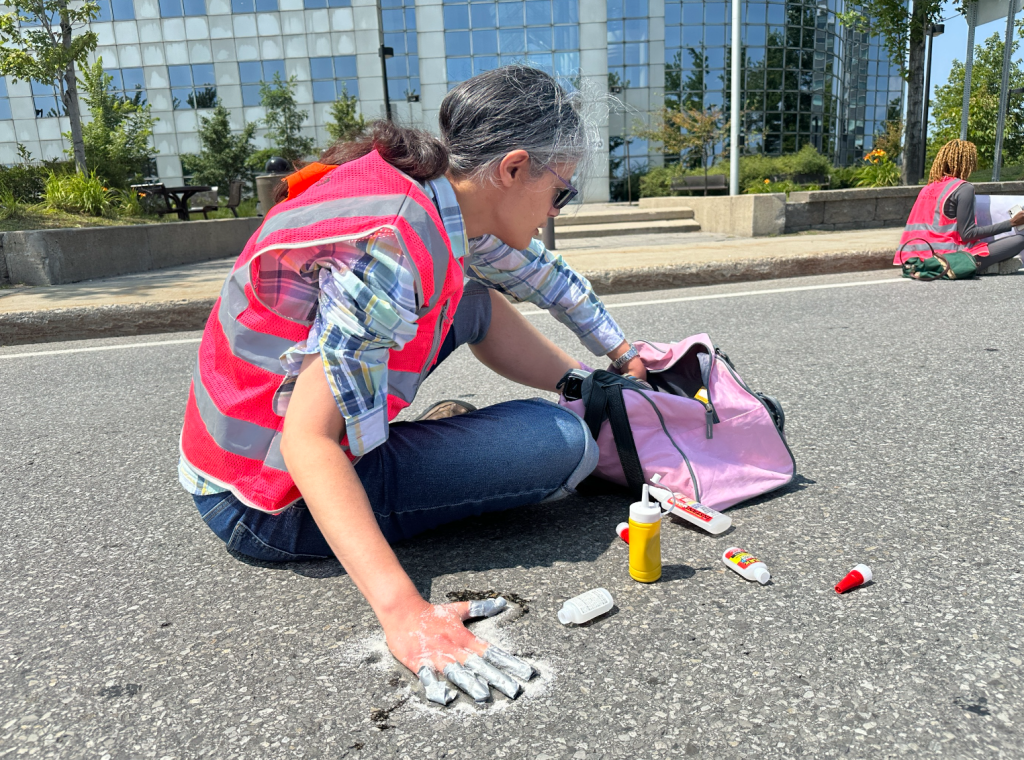Quebec adopting new measures to reduce judicial delays

Posted February 12, 2024 12:47 pm.
Following the hiring of new judges and staff at the Justice Ministry, Quebec is adopting further measures to reduce judicial delays.
Among other things, magistrate justices of the peace will be granted new powers to free up Court of Quebec judges. Magistrate justices of the peace will now be able to handle appearances and bail hearings.
This measure should make it possible to release 15 to 20 Court of Quebec judges, said Justice Minister Simon Jolin-Barrette at a news conference in Montreal on Monday.
Quebec also wants to consider ways of opening up to mediation and “alternative dispute resolution.” For example, it wants to make greater use of videoconferencing.
“We’re going to set up virtual appearance centres throughout Quebec. To give you an example, on weekends, that’s how it happens: you get arrested in Sherbrooke, and you go before a judge who may be in Drummondville, with the clerk in Montreal. We’re going to do this seven days a week, with the cooperation of the court, to optimize roles,” explained Jolin-Barrette.
There are several stakeholders involved in the action committee such as the Ministry of Justice, the Ministry of Public Security, the Director of Criminal and Penal Prosecutions, etc.
The agreement reached between the Jolin-Barrette and the former chief judge of the Court of Quebec, has led to the work of the Table Justice-Québec being relaunched.
Their aim is to improve the efficiency of the justice system, promote access to justice and contribute to the reduction of judicial delays in criminal and penal matters.
The actions are broken down into five major objectives and nearly 40 measures.
They aim to maximize hearing time in the courtroom, to extend best practices throughout Quebec and to optimize the use of existing resources with the potential to free up time for judges in the Criminal Chamber and Criminal Court of Quebec so that they can devote themselves more to hearing trials.
“Judicial delays are at the heart of the concerns of the DPCP and all its prosecutors who make every effort on a daily basis to conduct their cases in compliance with them,” said Director of Criminal and Penal Prosecutions Patrick Michel. “The development of this action plan illustrates the consultation and will of all partners in the justice system in the pursuit of this common objective.”
This work will continue through permanent working committees and statutory meetings.
“Our legal aid system will work to implement the measures it provides for the benefit of litigants who are often the most vulnerable, because our commitment to more efficient justice is based around the desire to create a judicial system accessible to all, thus strengthening confidence in this system,” said President of the Legal Services Commission Daniel LaFrance.
This report by La Presse Canadienne was translated by CityNews.



